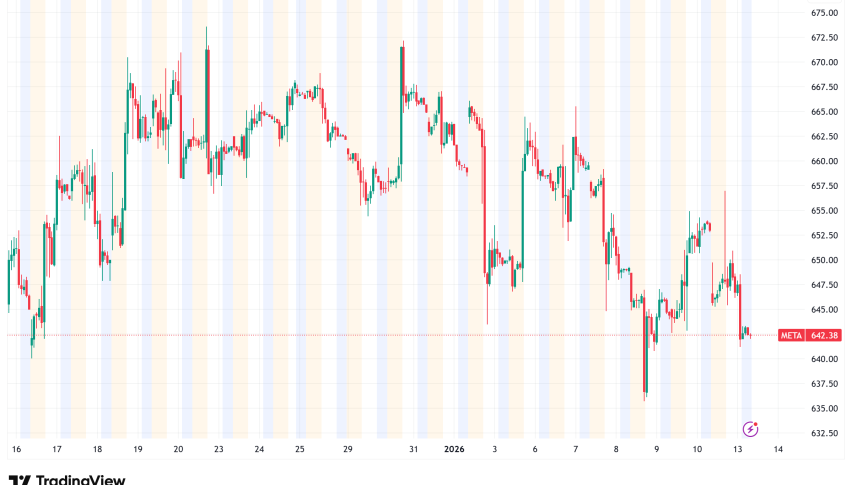Canada Cancels digital service Tax on Apple, Amazon, Meta, Google
Canada abandoned its tax on digital services targeting U.S. technology companies

Quick overview
- Canada has abandoned its digital services tax aimed at U.S. tech companies to revive stalled trade talks with the United States.
- Prime Minister Mark Carney and U.S. officials are hopeful for a trade agreement by July 21 after President Trump canceled talks over the tax issue.
- The digital services tax, which would have impacted major companies like Apple and Amazon, was set to collect 3% of their revenue from Canadian operations.
- Finance Minister François-Philippe Champagne will propose legislation to repeal the tax, emphasizing Canada's preference for a multilateral approach to taxing digital services.
Canada abandoned its tax on digital services targeting U.S. technology companies in an attempt to move the stalled trade talks with the United States forward late on Sunday, just hours before it was scheduled to be implemented

Mark Carney, Canada’s Prime Minister, and U.S. officials stated that President Donald Trump will resume trade talks in hopes of reaching an agreement by July 21. Trump abruptly canceled trade talks on Friday, calling it a “blatant attack because of taxes targeting U.S. technology companies.
He restated his remarks on Sunday, promising to impose a new tariff rate on Canadian goods the following week, threatening to pressure U.S. companies. After a period of relative calm, relations with Canada have returned to chaos.
The trade talks broke down following their meeting at the G7 in mid-June, where Carney stated they had agreed to finalize a new economic agreement within 30 days. Three percent of a company’s revenue from digital services used in Canada was to be used as the digital tax.
It would have affected Apple, Amazon, Meta, and Alphabet’s Google. Finance Minister François-Philippe Champagne will propose legislation to repeal the Digital Services Tax Act, and collection will be suspended on Monday, according to a statement from Canada’s finance ministry.
“Many large technology companies operating in Canada may not otherwise pay tax on revenues generated from Canadians,” which is why the DST was announced in 2020, according to the statement.. Canada has always preferred a multilateral agreement in terms of taxing digital services
- Check out our free forex signals
- Follow the top economic events on FX Leaders economic calendar
- Trade better, discover more Forex Trading Strategies
- Open a FREE Trading Account


